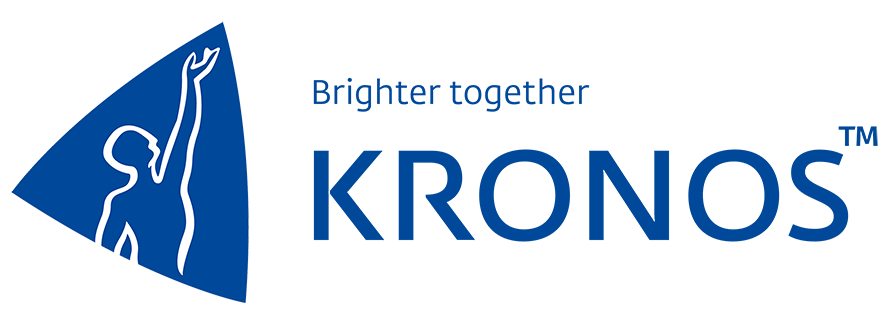Conflict Resolution Training Module Checklist
This template outlines a structured approach to conflict resolution training, covering topics from identifying triggers to effective communication strategies. It enables organizations to develop and deliver comprehensive training modules for employees, enhancing their ability to manage and resolve conflicts professionally.
Module Introduction
FAQ
How can I integrate this Checklist into my business?
You have 2 options:
1. Download the Checklist as PDF for Free and share it with your team for completion.
2. Use the Checklist directly within the Mobile2b Platform to optimize your business processes.
How many ready-to-use Checklist do you offer?
We have a collection of over 5,000 ready-to-use fully customizable Checklists, available with a single click.
What is the cost of using this Checklist on your platform?
Pricing is based on how often you use the Checklist each month.
For detailed information, please visit our pricing page.
What is Conflict Resolution Training Module Checklist?
A checklist of topics covered in a conflict resolution training module:
- Introduction to Conflict Resolution
- Understanding Different Communication Styles
- Identifying and Managing Emotions in Conflict
- Active Listening Techniques
- Effective Communication Strategies
- Negotiation Skills
- De-escalation Techniques for High-Tension Situations
- Group Decision-Making Processes
- Managing Power Imbalances in Conflicts
- Creating a Safe and Respectful Environment for Disagreement
How can implementing a Conflict Resolution Training Module Checklist benefit my organization?
By implementing a Conflict Resolution Training Module Checklist, your organization can expect to:
- Develop effective conflict resolution strategies
- Improve communication and teamwork skills among employees
- Enhance employee engagement and job satisfaction
- Reduce workplace conflicts and related costs
- Foster a positive and inclusive work culture
- Comply with relevant laws and regulations regarding workplace conflict resolution
- Increase productivity and efficiency by minimizing time spent on resolving conflicts.
What are the key components of the Conflict Resolution Training Module Checklist?
Effective Communication Skills Stakeholder Identification and Analysis Conflict Escalation Prevention Strategies Active Listening Techniques Problem-Solving Approaches Mediation Principles and Practices Cultural Sensitivity and Awareness Power Dynamics Understanding Bystander Intervention Methods Resolution Agreement Development Follow-Up and Follow-Through Procedures
Understanding Conflict
Effective Communication
Conflict Escalation
Negotiation and Compromise
Conflict Resolution Strategies
Conclusion and Next Steps
Expense Reduction
 34%
34% Development Speed
 87%
87% Team Productivity
 48%
48% Generate your Checklist with the help of AI
Type the name of the Checklist you need and leave the rest to us.
 Made in Germany
Made in Germany Fair Pricing Policy
Fair Pricing Policy




























 Certified Security and Data Protection
Certified Security and Data Protection Active Support and Customer success
Active Support and Customer success Flexible and Fully customizable
Flexible and Fully customizable